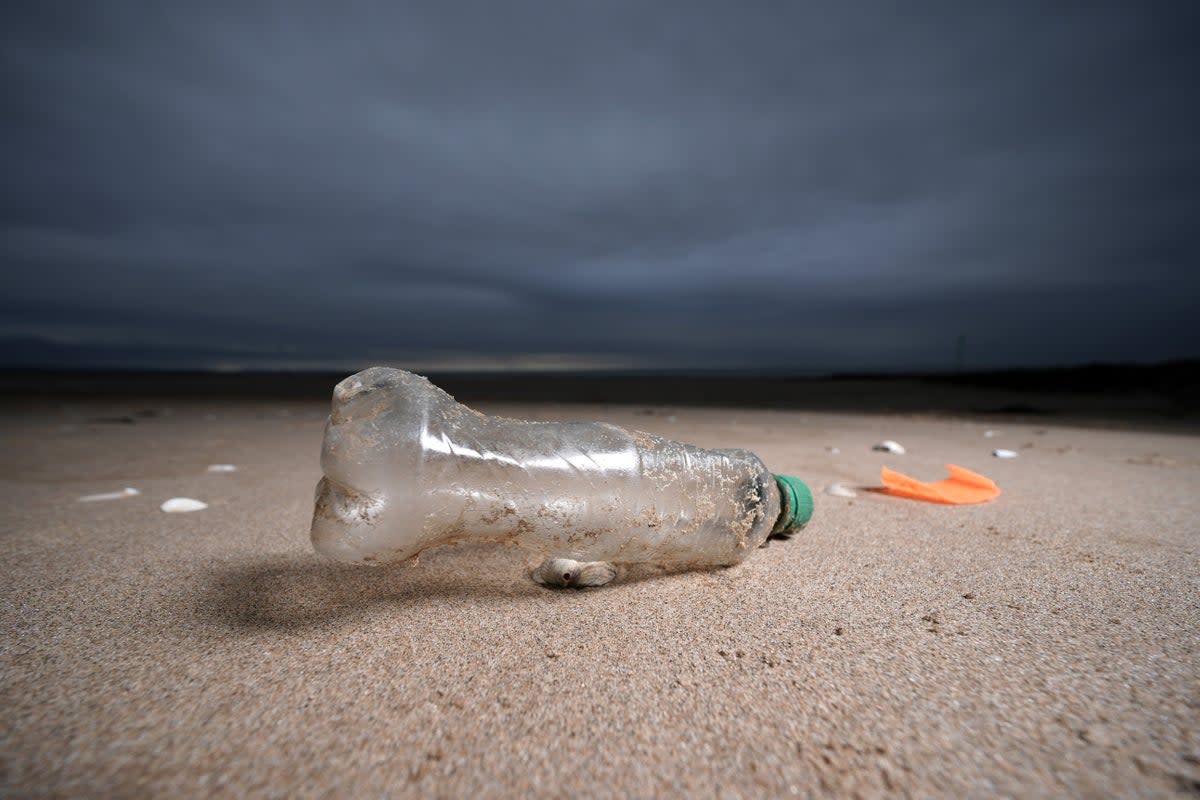Drinking from plastic bottles can raise type 2 diabetes risk, study warns

A breakthrough new study has found direct evidence linking a key chemical ingredient of plastic bottles to a higher risk of type 2 diabetes.
The study, published in the journalDiabetes, found that the chemical BPA used to make food and drink packages, including plastic water bottles, can reduce sensitivity to the hormone insulin which regulates the body’s sugar metabolism.
The findings, to be presented at the 2024 Scientific Sessions of the American Diabetes Association, call for the US Environmental Protection Agency (EPA) to reconsider the safe limits for exposure to BPA in bottles and food containers.
Previous studies have already shown that the chemical Bisphenol A used to make plastic and epoxy resins could disrupt hormones in humans.
While research has linked BPA to diabetes, no previous study has directly assessed if administration of this chemical to humans increases this risk in adults.
“The findings are the first to provide evidence that BPA administration may increase type 2 diabetes risk,” scientists from the California Polytechnic State University said in a statement.
In the study, researchers randomly assigned 40 healthy adults to either receive a placebo, or about 50 micrograms per kg of their body weight of BPA daily.
This BPA dose is the amount currently classified as safe by the EPA.
Those who were administered BPA were less responsive to insulin after 4 days, while this change was noticed in the placebo group participants.
“These results suggest that maybe the US EPA safe dose should be reconsidered and that healthcare providers could suggest these changes to patients,” researchers warned.
Reducing BPA exposure by approaches like using stainless steel or glass bottles and BPA-free cans can lower diabetes risk, they said.
Plastic bottles are ubiquitous across the world due to their convenience but a growing body of research is raising concerns about the health impacts of their chemical components.
Another study, published recently in the journal Eco-Environment & Health, found that sunlight-exposed plastic water bottles could release harmful chemicals.
This research assessed the volatile organic compounds, or VOCs, released from six types of plastic water bottles subjected to sunlight.
It found that some types of bottles release highly toxic organic compounds, including known cancer-causing chemicals like n-hexadecane, highlighting serious health risks.
These findings call for stricter industry regulations to ensure reduction in exposure to these harmful chemicals.
“This is only the beginning of highlighting the need for informed public health recommendations and policies,” Robert Gabbay, Chief Scientific and Medical Officer of the American Diabetes Association (ADA), said.


